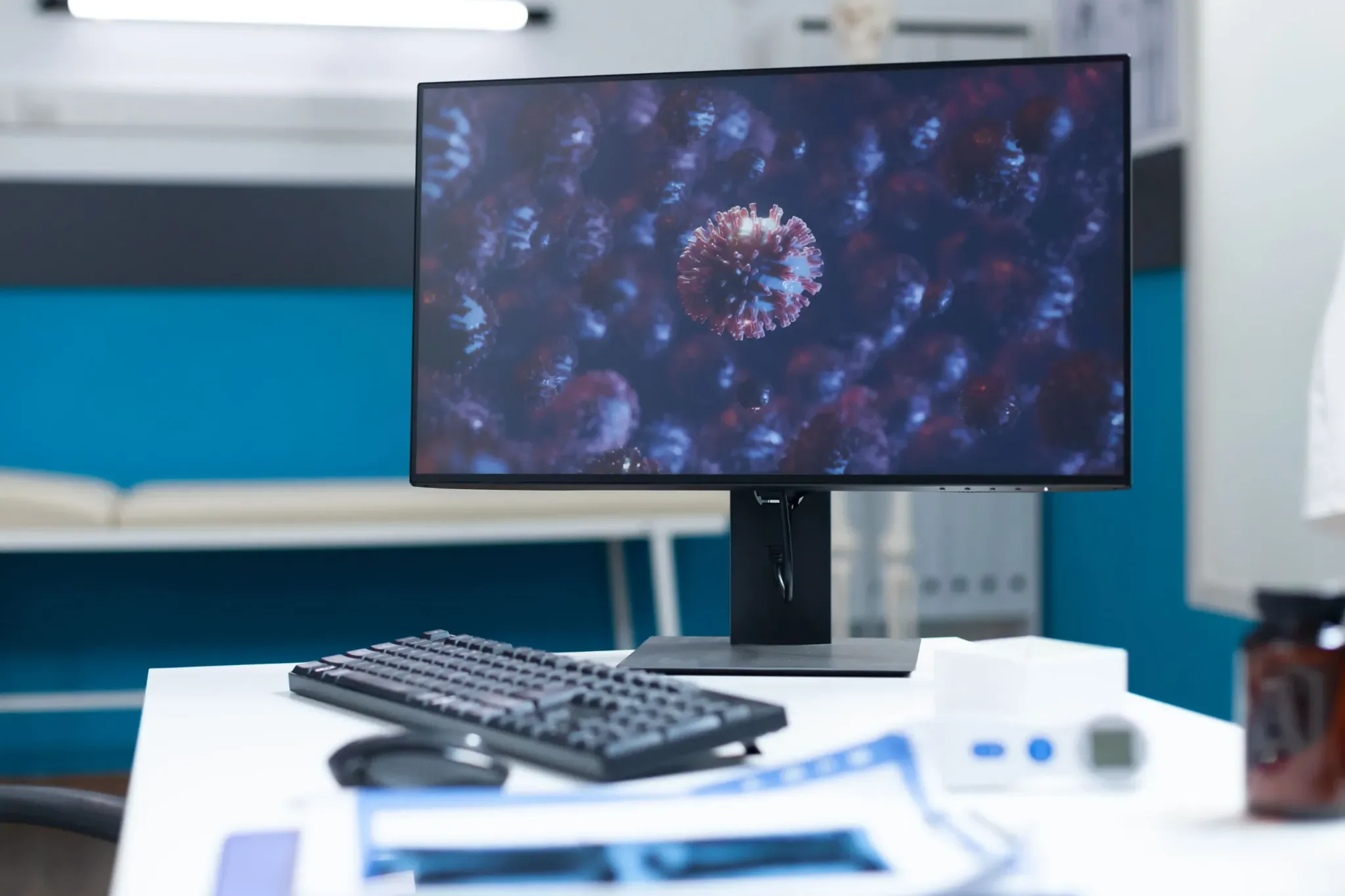Tacrolimus By LCMS, Blood Test
Overview
Tacrolimus by LCMS (Liquid Chromatography-Mass Spectrometry) is a test used to measure the therapeutic level of tacrolimus drug in the blood. Tacrolimus is an immunosuppressive medication commonly prescribed to prevent organ rejection in transplant recipients. Monitoring the blood levels of tacrolimus is essential to ensure that the drug is within the therapeutic range, balancing its effectiveness in suppressing the immune system while minimizing the risk of toxicity. By analyzing blood samples using LCMS, healthcare professionals can accurately measure the concentration of tacrolimus and adjust the dosage accordingly. This test has clinical utility in assessing the drug's efficacy, optimizing therapeutic outcomes, and preventing potential complications associated with under or overexposure to tacrolimus. Regular monitoring of tacrolimus levels helps healthcare providers tailor the treatment regimen to maintain the desired immunosuppressive effect and promote the long-term success of organ transplantation.
Tacrolimus By LCMS, Blood Test Price
Metropolis Healthcare is a leading diagnostics centre and pathology lab in India equipped with the latest state-of-the-art technologies that provides the Tacrolimus By LCMS, Blood Test with a clear pricing structure.
The Tacrolimus By LCMS, Blood Test Price in Chennai is ₹ 4,410 .
We are committed to deliver accurate and quality results from the best labs in India with complete transparency regarding test cost and turnaround time. No matter where you are, we strive to offer patients high-quality service that is affordable and accessible.
Frequently Asked Questions
This test measures the therapeutic level of the drug Tacrolimus in the blood.
• To monitor the therapeutic level of Tacrolimus and optimize its dosage for organ transplant patients • To ensure that Tacrolimus is within the desired range for effective suppression of the immune system • To prevent toxic side effects associated with high levels of Tacrolimus in the body
• Organ transplant recipients to monitor drug levels and adjust dosage as needed • Patients experiencing signs of rejection, such as fever, pain, or abnormal lab results • Patients who have recently started or changed their Tacrolimus medication • Individuals at risk for Tacrolimus toxicity due to factors like age, kidney function, or interacting medications
High levels may indicate potential for toxicity or increased risk of side effects. Low levels may suggest inadequate immunosuppression and risk of transplant rejection.
This test involves drawing a small sample of blood from a vein in your arm using a needle and a syringe. You may feel a slight pinch as the needle is inserted, but the procedure is generally quick and painless.
• Inform your doctor about all medications, including supplements, you are currently taking. • Follow any specific instructions from your doctor regarding medication timing. • No fasting or dietary restrictions are necessary before this test. Please reach out to your healthcare provider for any specific requirements.
• Creatinine: Measures kidney function, as Tacrolimus is cleared by the kidneys. • Liver function tests: Assess liver health as the liver metabolizes Tacrolimus. • Complete blood count: Determines overall blood health and can help identify potential side effects of Tacrolimus.
Tacrolimus therapeutic drug monitoring (TDM), Tacrolimus level test
Transplant rejection is a process in which a transplant recipient's immune system treats the new transplanted organ or tissue like a foreign object and attacks it. Tacrolimus is a medication belonging to a class of drugs called immunosuppressants. It works by suppressing the immune system's response to the transplanted organ, reducing the risk of rejection and allowing successful transplantation.
Ratings & Reviews (0)
Why Metropolis?
Metropolis has a team of 200 senior pathologists and over 2000 technicians delivering diagnostic solutions in the areas of routine, semi specialty and super specialty domains like Oncology, Neurology, Gynaecology, Nephrology and many more.
We offer a comprehensive range of 4000+ clinical laboratory tests and profiles, which are used for prediction, early detection, diagnostic screening, confirmation and/or monitoring of the disease.





















 WhatsApp
WhatsApp